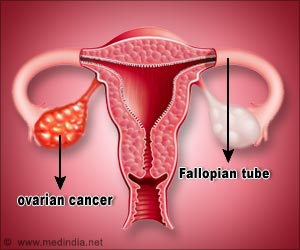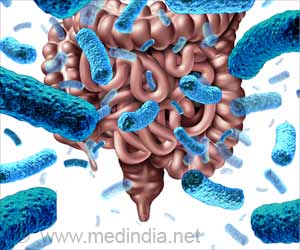Regulatory T cells (Treg cells) act as a major driver of breast cancer growth by preventing the accumulation of a specific protein that induces anti-tumor responses.

‘New study validates the potential for adoptive transfer therapeutics using macrophages programmed with the IFN to effectively treat breast cancer.’





Regulatory T cells (Treg cells) are a special class of immune cells that possess a unique ability to suppress the function of other immune cells. This function serves to protect the organism from overreacting to certain molecules created within the body; however, in many cases it subdues the immune system's ability to attack cancer cells.Therefore, Treg cells are often abundant in solid tumors, particularly breast cancers, and are commonly associated with worse outcomes.
In previous research, Bos demonstrated that targeting Treg cells in breast cancer models significantly reduced tumor growth and metastasis; however, it remained unclear on a molecular level why this tumor reduction was happening.
There is a specific protein called interferon gamma (IFN-?) that has powerful anti-tumor properties, including the activation of macrophages, which are cells that can initiate inflammation and prevent cancer growth.
Bos' latest study suggests that Treg cells suppress IFN production by CD4 T lymphocytes (a type of white blood cells), further instigating disease progression. After analyzing breast cancer models in which Treg cells had been targeted and destroyed, Bos discovered an increased presence of IFN-? and functional reprogramming of macrophages into tumor-fighting cells.
Advertisement
This research is the first of its kind to study the mechanistic function of Treg cells in breast cancer.
"Our work raises the possibility that white blood cells can be extracted from cancer patients, reprogrammed outside of their body through brief exposure to the IFN protein and re-infused back into the patient, contributing to the generation of anti-tumor responses," Bos said.
Bos is currently studying the function of Treg cells in metastatic cancer and plans to design follow-up studies testing the utilization of IFN as an adoptive transfer therapeutic agent in cancer mouse models.
Source-Eurekalert












